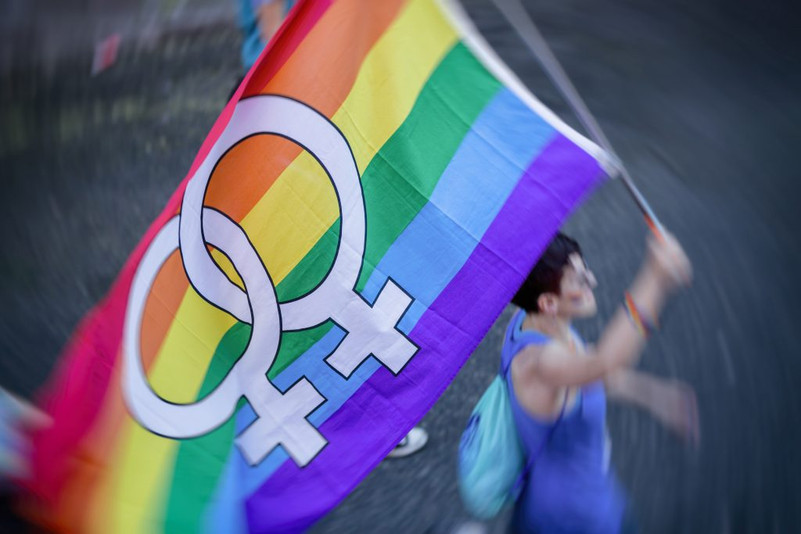Why is Germany Not Helping The Gay Community Fighting in Hungary, Poland?

Polish government officials' rhetoric on the LGBT+ community in the election suggests that the LGBT+ community will face further challenges in the coming years (Photo: PES)
Several reports have highlighted the abuse and discrimination LGBT+ people face in Poland and Hungary.
Despite these reports, Polish and Hungarian authorities fail to protect the LGBT+ minority. Moreover, the government officials' rhetoric on the LGBT+ community in the Polish election suggests that the LGBT+ community will face further challenges in the coming years.
In 2008, the commission presented a proposal for an EU Council directive on implementing the principle of equal treatment outside the labor market, irrespective of age, disability, sexual orientation or religious beliefs, which aims at extending protection against discrimination through a horizontal approach.
The directive would substantially improve the rights of LGBT+ people but is currently at hold because the council has blocked it.
The directive would have passed the council had not Germany refused acceptance and ratification. In 2008 Germany was the only member state opposing the directive.
Since then the human rights situation in particular in Poland and Hungary has deteriorated substantially. Currently, neither Poland nor Hungary would agree on such a directive.
While the European parliament cannot adopt the directive without unanimity in the council, it has the power to issue-link the directive to other issues and therefore strong-arm the council into adopting it.
Each year, the parliament and the council have to agree on the EU budget. If the two legislative institutions do not come to a compromise, the budget stalls.
As of 2018, approximately €16.3m of the EU budget is awarded to Poland and €6.3m is awarded to Hungary. A substantial part of the budget is spent on reducing economic gaps between the EU's various regions.
Thus, the European parliament has the opportunity to amend that the member states increase their efforts on combating LGBT+ discrimination or adopt the Anti-Discriminative Directive.
In the case that they fail to do so, the European parliament can amend that a smaller portion of the EU budget will be spent on the respective countries that do not follow the directive or increase their anti-discrimination efforts.
The council will probably block such an amendment. However, if the European parliament stalls the budget long enough it may strong-arm the council into accepting the amendments.
Therefore we in the European Centre-Right LGBT+ Alliance, demand from Germany to give up its resistance against the directive and suggest to the commission and the center-right parties that they lay further pressure on Polish and Hungarian authorities to improve conditions for the LGBT+ community and people.
Further, we suggest to the center-right parties that they amend provisions in the next EU budget regarding further efforts to combat LGBT+ discrimination and that they amend provisions in the next EU budget regarding the implementation of the Anti-Discrimination Directive.
AUTHOR BIO
Fredrik Saweståhl is president of the European Centre-Right LGBTI+ Alliance and a representative of Öppna Moderater, Sweden.
Comments